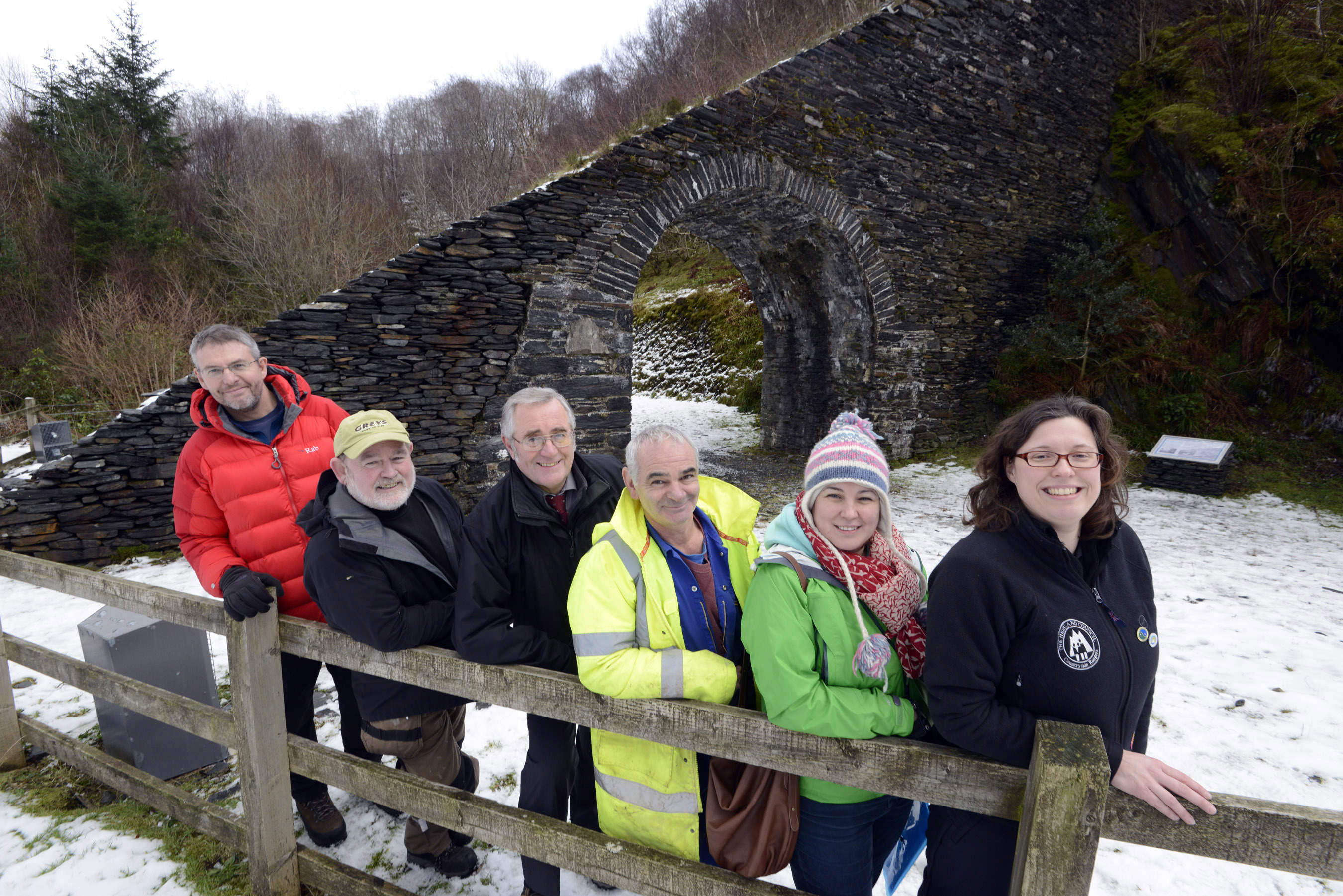Work will start next week to restore an historic slate arch in Lochaber and turn it into a tourist attraction.
The 19th century Ballachulish Slate Arch, which can be seen from the A82 Inverness to Glasgow trunk road near the village, will be repaired by Lothian-based contractor Forth Stone Ltd.
The work is part of a £277,000 project to conserve the arch and enable the community to research its history the village’s quarrying heritage.
Photographs and documents, as well as voice recordings from those with memories of the industry, are already being collected for use on-site and in new app and internet resource for visitors.
Ballachulish was one of Scotland’s two slate “super quarries” – the other being at Easdale island – and slates from the quarry contributed to the character of many of the Scotland’s buildings.
The slate arch, also known as the Tom Beag Inclined Plane, was built to transport wagons of dressed slate from the quarry down to piers on the loch-side and transport empty wagons back to the quarry.
The Highland Council-owned feature is a scheduled ancient monument of national significance but is currently in poor condition.
The physical repair work, which has a contract value of £136,000, will start on Monday and is expected to be finished in mid-January.
Part of the restoration includes the upgrading of paths to the arch and within the east quarry to make them more accessible to less able visitors and families with young children.
Councillor Thomas MacLennan, Lochaber Area Leader, said: “My fellow Lochaber councillors and I are delighted that work will soon be underway to conserve this iconic local landmark for many years to come. Part of the improvements will include installing new interpretation which will allow visitors to the site to learn more about the original construction of the arch and the role the slate quarry played in the local community’s history.”
Funding for the project is being provided by the Heritage Lottery Fund, Highland Council and Historic Environment Scotland.
The money will also be used for a free, two-day training course for 12 local people interested in learning about traditional slate-building techniques, which will likely take place in the first week of December.
